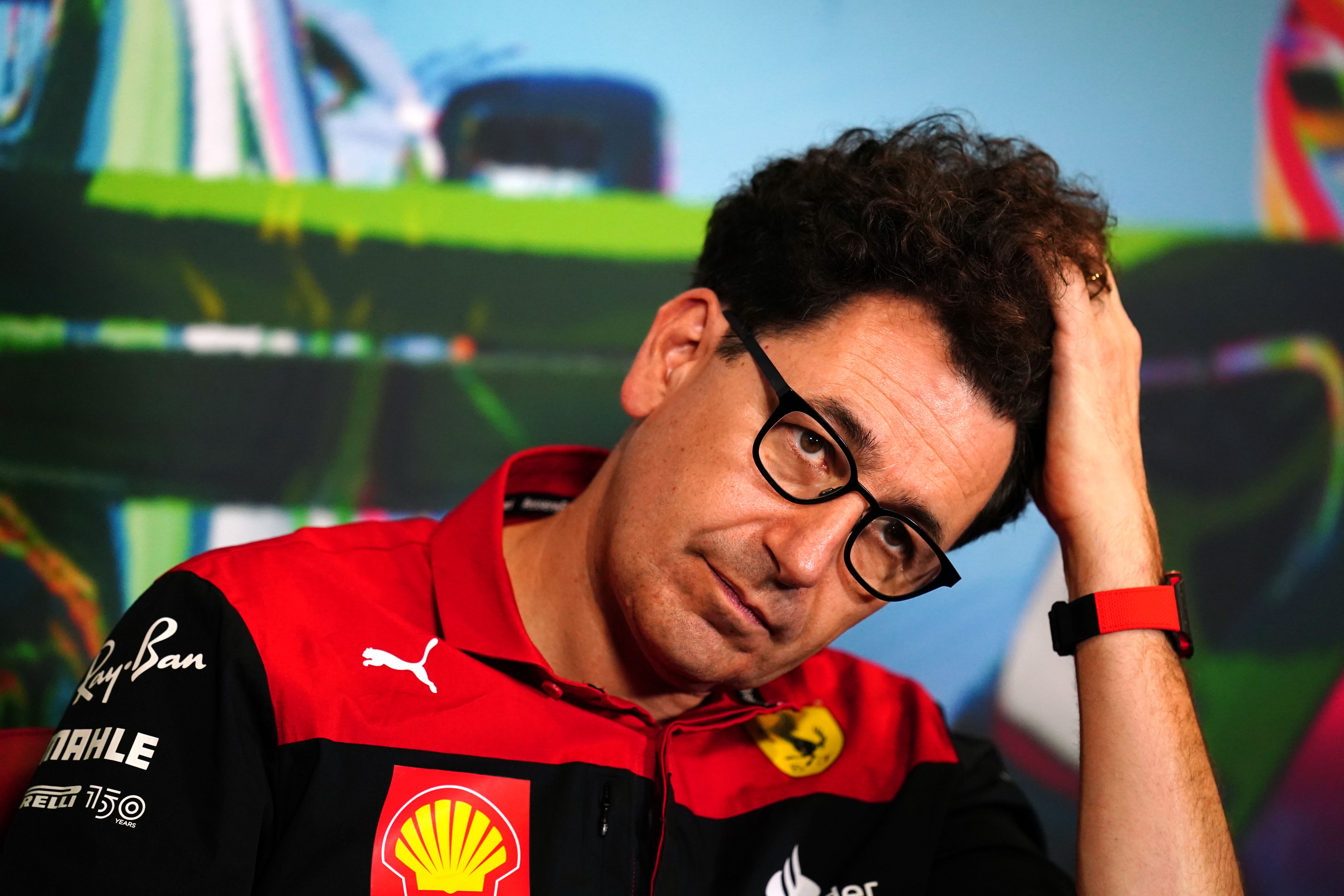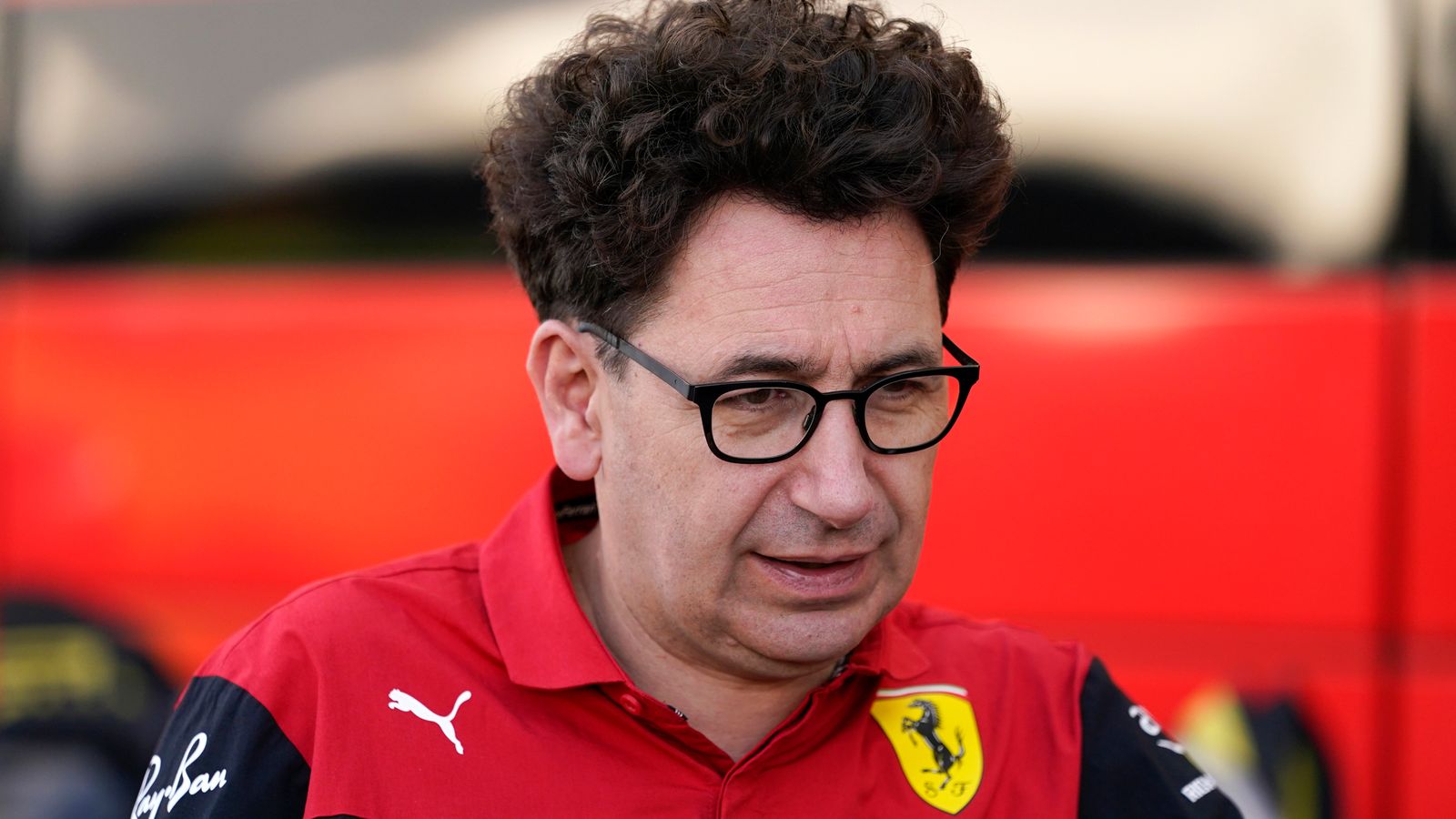The manager of Scuderia Ferrari was sacked today because of his team’s underperformance and failure to achieve expected results in
recent seasons. The decision to remove him from his position reflects the intense pressures and high expectations that come with
leading one of the most storied teams in Formula 1.
Ferrari, a name synonymous with racing excellence and a rich history in motorsport, has faced significant challenges in recent years.
Despite having a talented roster of drivers and substantial financial resources, the team has struggled to compete at the highest level of
Formula 1. Their cars have often lacked the pace and reliability needed to consistently challenge for race wins and championships.
The manager’s tenure has been marked by a series of disappointments, with Ferrari falling short of their own and fans’ expectations.

The team’s performance on the track has been inconsistent, with flashes of brilliance overshadowed by frequent setbacks and technical
issues. This inconsistency has frustrated fans and stakeholders alike, leading to calls for change at the managerial level.
Criticism of the manager has centered around his strategic decisions, handling of team dynamics, and ability to maximize the potential
of Ferrari’s resources. Despite efforts to turn the team’s fortunes around, results have not improved sufficiently to justify retaining him
in his role. The decision to dismiss him reflects Ferrari’s determination to regain their competitive edge and return to the forefront of
Formula 1.
The pressure to succeed at Ferrari is immense, driven by their passionate fanbase, legacy of success, and the competitive nature of
Formula 1 itself. Every decision made by the management team is scrutinized, and any perceived failure to deliver results can lead to
swift and decisive action.

Moving forward, Ferrari will be tasked with finding a new manager capable of revitalizing the team and restoring their winning
tradition. The incoming manager will inherit a talented group of engineers, designers, and drivers, along with the resources necessary
to compete at the highest level. However, they will also face the challenge of rebuilding morale within the team and implementing a
strategy that can deliver consistent success on the track.
The dismissal of the manager is a stark reminder of the pressures and expectations that come with leading a team like Ferrari in
Formula 1. It underscores the competitive nature of the sport and the relentless pursuit of excellence that defines Ferrari’s racing
ethos. As the team prepares for a new chapter under new leadership, fans and stakeholders will eagerly await developments in the
hope of seeing Ferrari reclaim their status as champions in the world of Formula 1.


